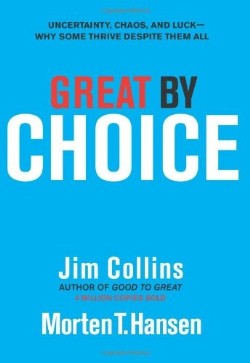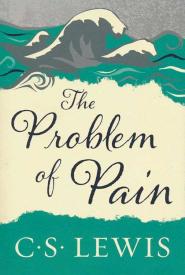Exploring Church History
$19.00
Contents:
Part I: Why We Study Church History-Purpose
1. The Church Strives To Be One Family
2. The Church Strives To Be A Holy People
3. The Church Strives To Be A Catholic Body
4. The Church Strives To Be An Apostolic Church
Part II: How We Study Church History-Method
5. A Church In Syria Illumines The History Of Christianity In The Middle East
6. A Stele In China Illumines The History Of Christianity In Asia
7. A Cave In Egypt Illumines The History Of Christianity In Africa
8. A Grave In Italy Illumines The History Of Christianity In Europe
9. A Fabric In Mexico Illumines The History Of Christianity In The Americas
10. A Battlefield In Fiji Illumines The History Of Christianity In Oceania
Additional Info
Fortress Press’s Foundations for Learning series prepares students for academic success through compelling resources that kick-start their educational journey into professional Christian ministry.
In Exploring Church History, Derek Cooper invites readers to consider the purpose and significance of church history in the lives of individuals and communities today. Rather than offering an exploration of bygone eras and outdated events, Cooper brings history to life by emphasizing how past events, individuals, and movements shape how we understand the world around us.
Exploring Church History is divided into three convenient sections to aid those approaching the field of church history for the first time. While the first and second sections offer theoretical reasons why and how we study church history, the third section puts theory into practice by introducing readers to the major contours of world Christian history.
in stock within 3-5 days of online purchase
SKU (ISBN): 9781451488906
ISBN10: 1451488904
Derek Cooper
Binding: Trade Paper
Published: December 2014
Foundations For Learning
Publisher: Augsburg Fortress Publishers – 1517 Media
Print On Demand Product
Related products
-
Great By Choice
$29.99Add to cartThe new question
Ten years after the worldwide bestseller Good to Great, Jim Collins returns with another groundbreaking work, this time to ask: Why do some companies thrive in uncertainty, even chaos, and others do not? Based on nine years of research, buttressed by rigorous analysis and infused with engaging stories, Collins and his colleague, Morten Hansen, enumerate the principles for building a truly great enterprise in unpredictable, tumultuous, and fast-moving times.The new study
Great by Choice distinguishes itself from Collins’s prior work by its focus not just on performance, but also on the type of unstable environments faced by leaders today.With a team of more than twenty researchers, Collins and Hansen studied companies that rose to greatness-beating their industry indexes by a minimum of ten times over fifteen years-in environments characterized by big forces and rapid shifts that leaders could not predict or control. The research team then contrasted these “10X companies” to a carefully selected set of comparison companies that failed to achieve greatness in similarly extreme environments.
The new findings
The study results were full of provocative surprises. Such as:The best leaders were not more risk taking, more visionary, and more creative than the comparisons; they were more disciplined, more empirical, and more paranoid.
Innovation by itself turns out not to be the trump card in a chaotic and uncertain world; more important is the ability to scale innovation, to blend creativity with discipline.
Following the belief that leading in a “fast world” always requires “fast decisions” and “fast action” is a good way to get killed.
The great companies changed less in reaction to a radically changing world than the comparison companies.
The authors challenge conventional wisdom with thought-provoking, sticky, and supremely practical concepts. They include: 10Xers; the 20 Mile March; Fire Bullets, Then Cannonballs; Leading above the Death Line; Zoom Out, Then Zoom In; and the SMaC Recipe.Finally, in the last chapter, Collins and Hansen present their most provocative and original analysis: defining, quantifying, and studying the role of luck. The great companies and the leaders who built them were not luckier than the comparisons, but they did get a higher Return on Luck.
This book is classic Collins: contrarian, data-driven, and uplifting. He and Hansen show convincingly that, even in a chaotic and uncer
-
Problem Of Pain
$17.99Add to cartFor centuries Christians have been tormented by one question above all — If God is good and all-powerful, why does he allow his creatures to suffer pain? C. S. Lewis sets out to disentangle this knotty issue but wisely adds that in the end no intellectual solution can dispense with the necessity for patience and courage.






Reviews
There are no reviews yet.